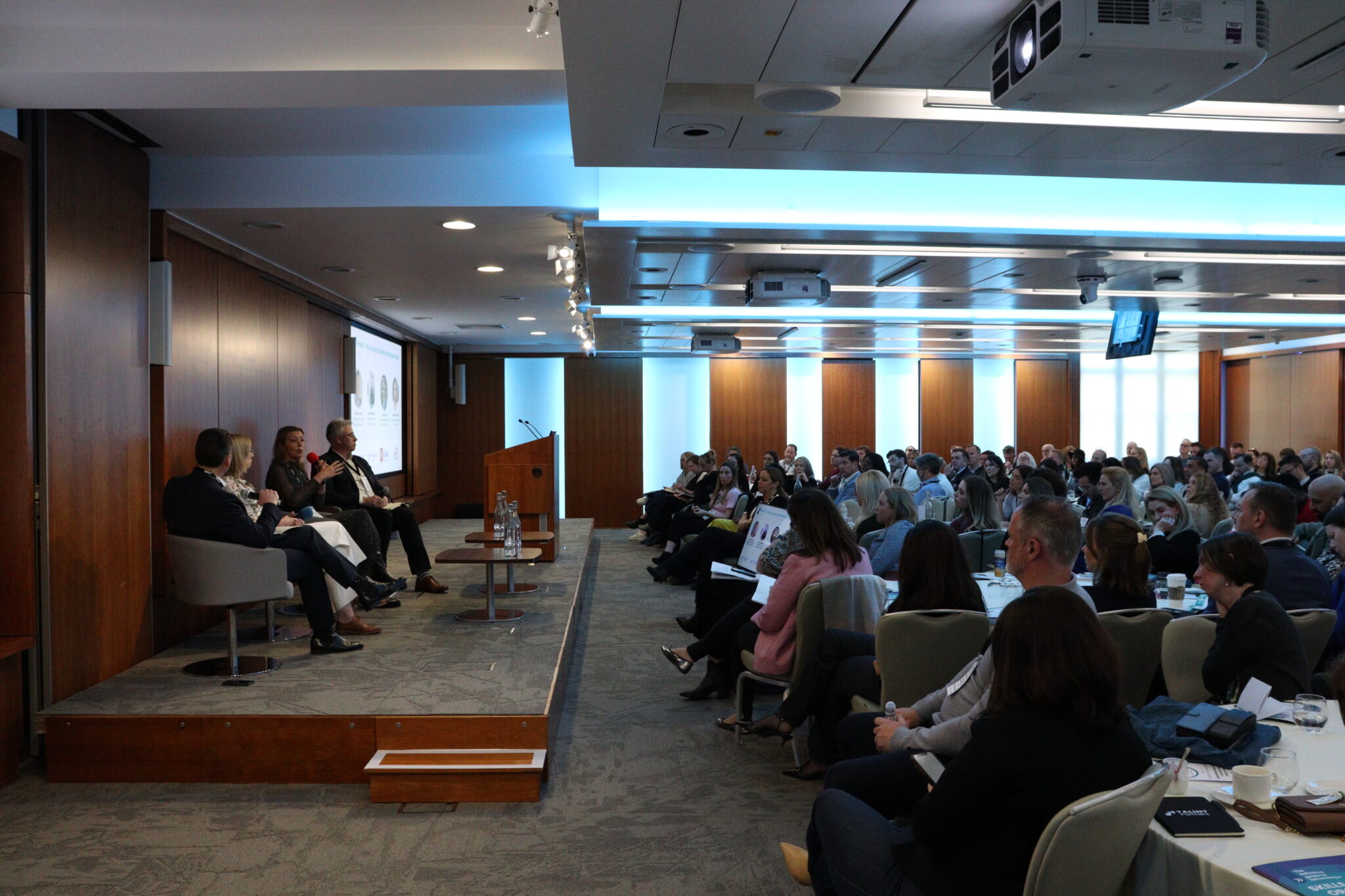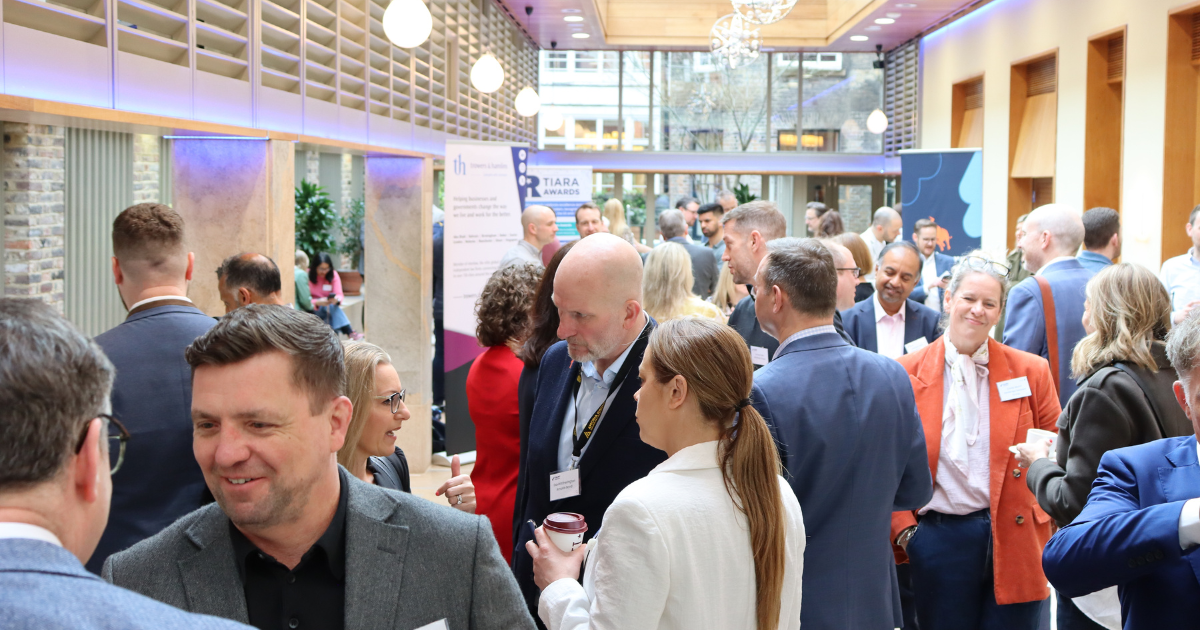Four out of five UK business leaders say Generative AI will benefit their employees – according to new research.
Global networking platform LinkedIn, reveals its latest Future of Work: AI at Work report highlighting top ways UK executives believe Generative AI will improve their working environment. Cited AI benefits include: removing repetitive tasks (64%), increasing productivity (52%) and freeing up time for more creative thinking (59%). One in three (31%) believe Generative AI will bring new roles to their organisation.
The latest data shows that ‘Head of AI’ roles have tripled globally in the last five years, and job posts mentioning ‘AI’ have more than doubled (2.3x) in the UK in the last two years. In the UK, some of the top industries hiring for AI-related roles are administrative and support services, professional services, technology, manufacturing and finance.
Nine out of 10 UK executives agree that soft skills are more important than ever
LinkedIn has seen an 80% increase in members watching AI-related learning courses on their platform over the last three months, as well as a 60% month-over-month increase in Generative AI skills – such as Chat GPT, prompt crafting, and Copilot for Microsoft 365 – being added to members’ profiles since January 2023.
The rise of AI
Despite the rise in AI, business leaders agree that people skills will become even more valuable. Nine out of 10 UK executives agree that soft skills are more important than ever, and employees believe skills such as adaptability (48%), communication (42%), and problem-solving (46%) will become more important as work continues to evolve. Businesses can prepare their workforce for the changes ahead by:
Mobilising employees on AI – The skills needed for jobs are expected to change by at least 65% by 2030 as AI accelerates workplace change. It will impact nearly every job and to help equip employees, LinkedIn Learning has unlocked the most popular AI learning courses (free until December 15, 2023).
Invest in soft skills – As employees start to develop AI skills and use the technology in their daily work, it will enable them to embrace the more human aspects of their job – like problem-solving and strategic thinking – helping to create a resilient and agile workforce.
AI holds huge potential to improve the way we work, and we’re seeing business leaders across the UK figuring out where it makes sense to implement the technology
Implementing AI tools – If businesses leverage AI to assist with candidate outreach as part of the hiring process – they can measure whether they have seen an uplift in candidate engagement, or whether time-to-hire has been shortened.
Ngaire Moyes, UK Country Manager, at LinkedIn, said: “AI holds huge potential to improve the way we work, and we’re seeing business leaders across the UK figuring out where it makes sense to implement the technology within their organisations. However, it’s not just about introducing the technology, businesses will also need to ensure their workforce is AI-ready. There’s a real opportunity for Generative AI to remove the drudgery from day-to-day work, giving people more time to focus on the strategic and human aspects of their roles.”
To help navigate the changing world of work, LinkedIn is rolling out a new AI-powered Premium experience to a select group of premium subscribers.










